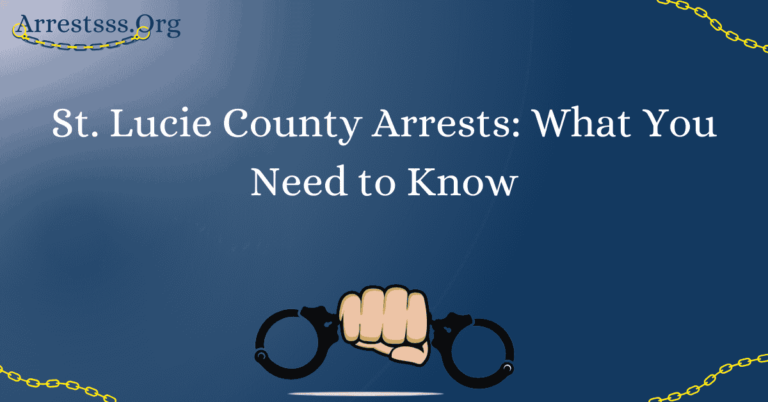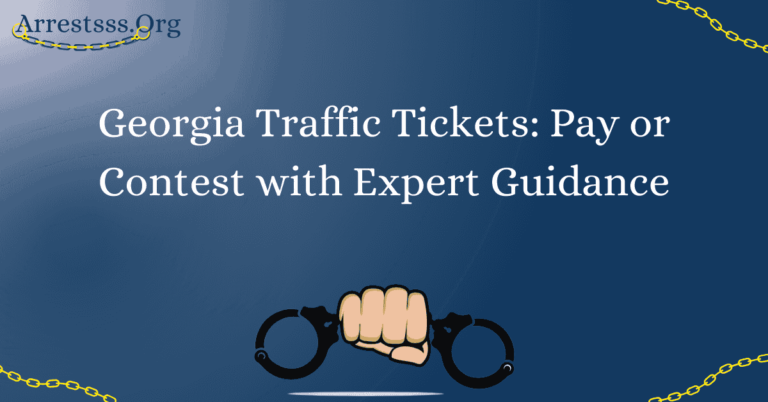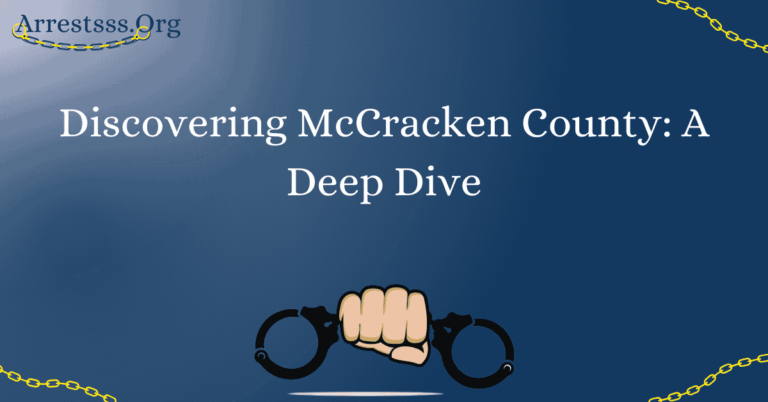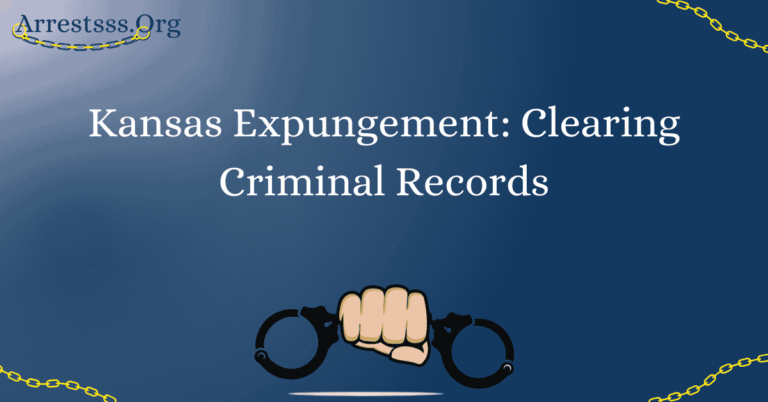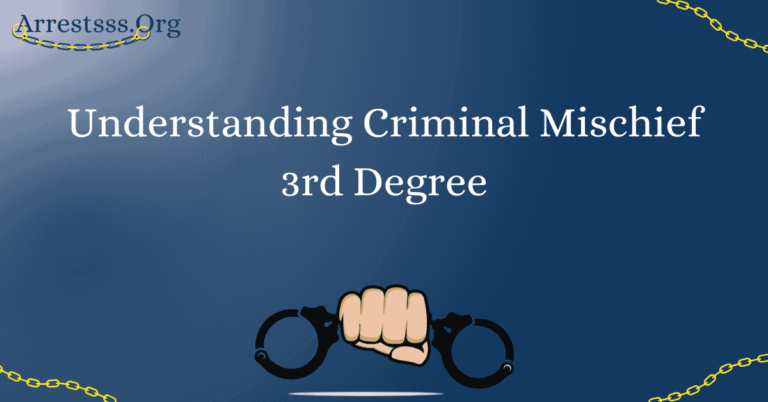Exploring Mugshot Lists: Understanding Their Significance
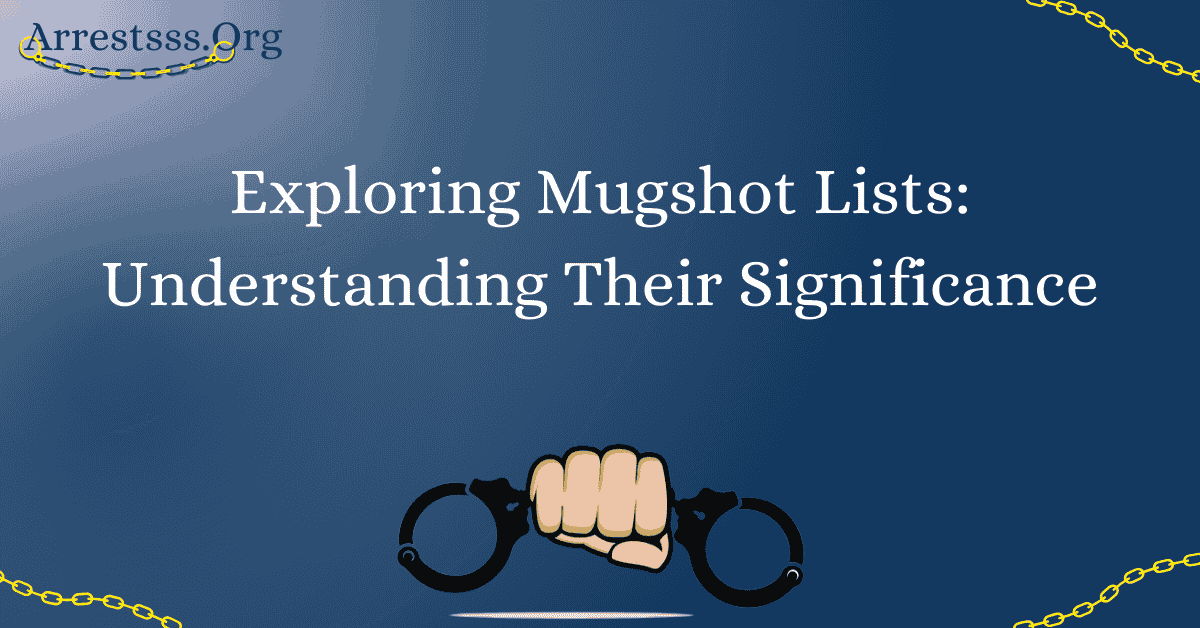
Mugshots, an integral part of law enforcement and criminal justice, are photographs taken of individuals upon their arrest. These images capture a moment in time when a person becomes entwined with the legal system. In recent years, the availability of mugshot lists online has sparked curiosity and concern alike. This article delves into the world of mugshot lists, shedding light on their purpose, implications, and the controversies surrounding them.
Mugshot Lists
Mugshot lists, essentially, are compilations of photographs and accompanying information of individuals who have been arrested by law enforcement agencies. These images typically include a front-facing photo and a profile shot, capturing the detainee’s face and sometimes, specific details such as height, weight, and tattoos. Alongside these visuals, the lists often feature data like the person’s name, date of birth, and the charges they face.
Legal Basis for Mugshot Photography
Mugshots are taken as part of standard police procedure during the booking process. This procedure is not only a record-keeping measure but also serves as a tool for identification, ensuring that individuals who are detained can be accurately identified if needed for court proceedings or for comparison with other criminal databases.
Public vs. Private: Mugshot List Sources
Mugshot lists are sourced from both public and private entities. Public records, including arrest records and booking photos, are typically accessible to the general public, often through government websites. Private companies, on the other hand, have taken advantage of this public information and created websites that aggregate and display mugshots, sometimes charging removal fees.
Controversies Surrounding Mugshot Lists
The proliferation of online mugshot lists has sparked numerous controversies. One primary concern is the potential for abuse, as these images and personal information can be exploited for various purposes, including extortion and harassment. Additionally, critics argue that displaying arrest records without context can lead to the unfair stigmatization of individuals who may later be proven innocent.
The Impact on Individuals
Mugshot lists have a profound impact on the lives of those featured within them. Even after charges are dropped or an individual is found not guilty, these images can linger online, affecting their reputation and employability. In response to such concerns, some states in the United States have enacted laws to restrict the publication of mugshots until a person is convicted.
FAQ’s
Can I request the removal of my mugshot from an online list?
Yes, in many jurisdictions, you can request the removal of your mugshot from online lists. Some states have specific laws that require websites to take down mugshots upon request if the charges have been dismissed or if the individual has been acquitted.
Are mugshot lists considered public records?
Mugshot photos taken by law enforcement agencies are generally considered public records. However, the accessibility and use of these records vary by jurisdiction, and some states have enacted laws to limit public access to them.
How do mugshot websites obtain their information?
Mugshot websites often obtain their information from public records, including police departments and sheriff’s offices. They may also use web scraping techniques to gather data from various sources.
Are there any legal consequences for publishing mugshots without consent?
Depending on the jurisdiction, publishing mugshots without consent may or may not have legal consequences. Some states have passed laws to regulate the removal of mugshots, while others have focused on restricting removal fees.
Do mugshot lists violate privacy rights?
The question of whether mugshot lists violate privacy rights is a complex one. While mugshots themselves are typically considered public records, the way they are used and disseminated online has raised significant privacy concerns. Legal debates on this issue continue to evolve.

